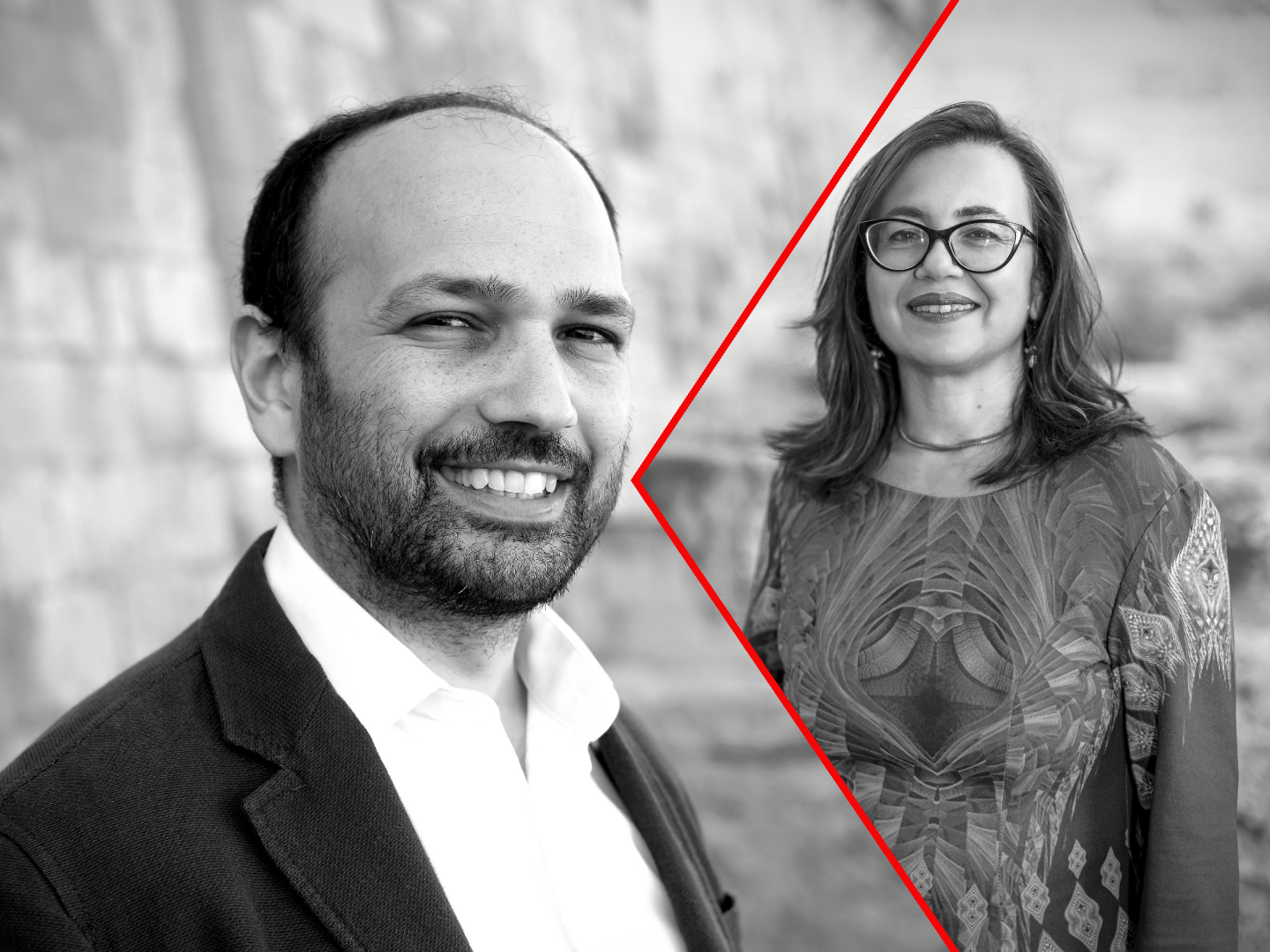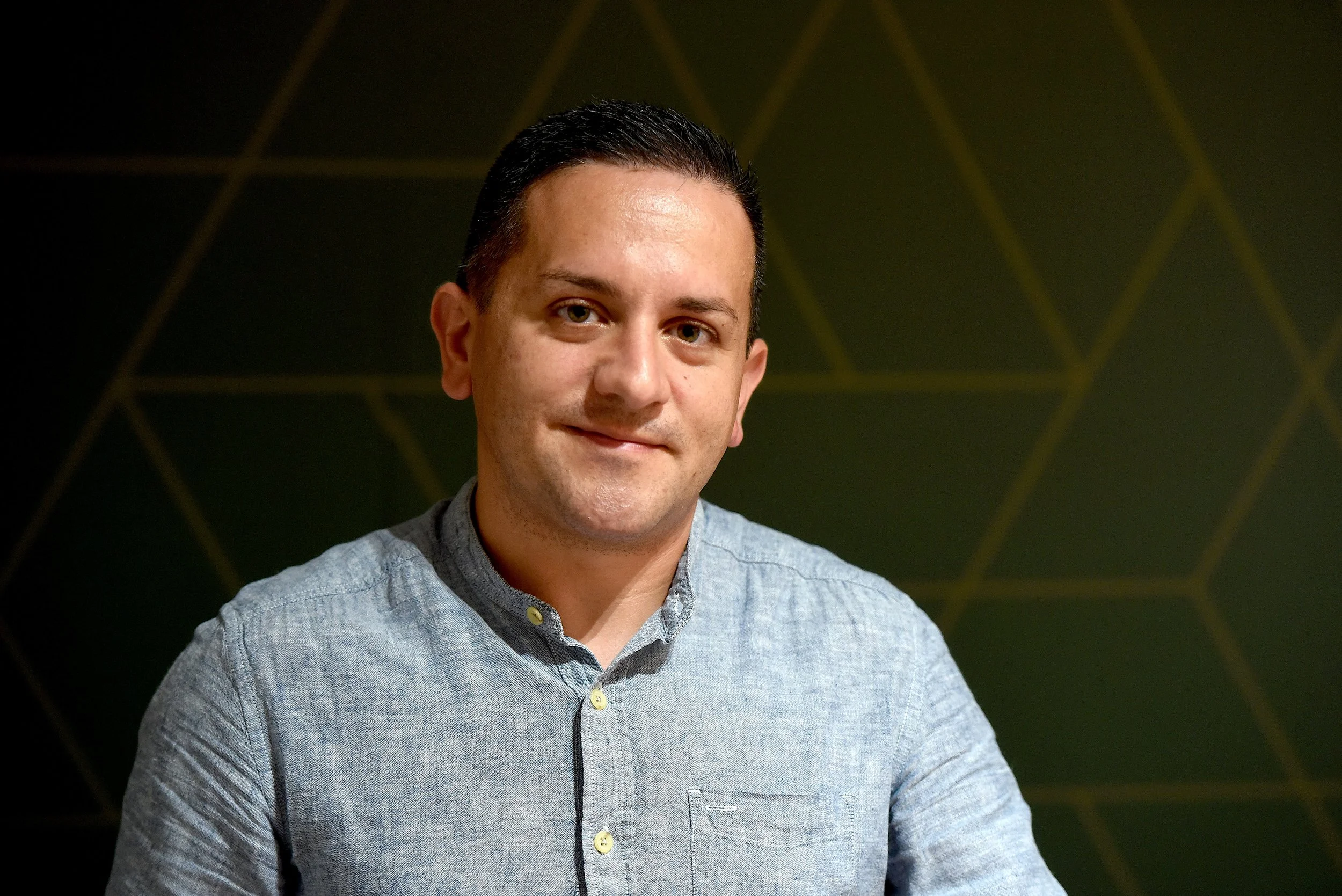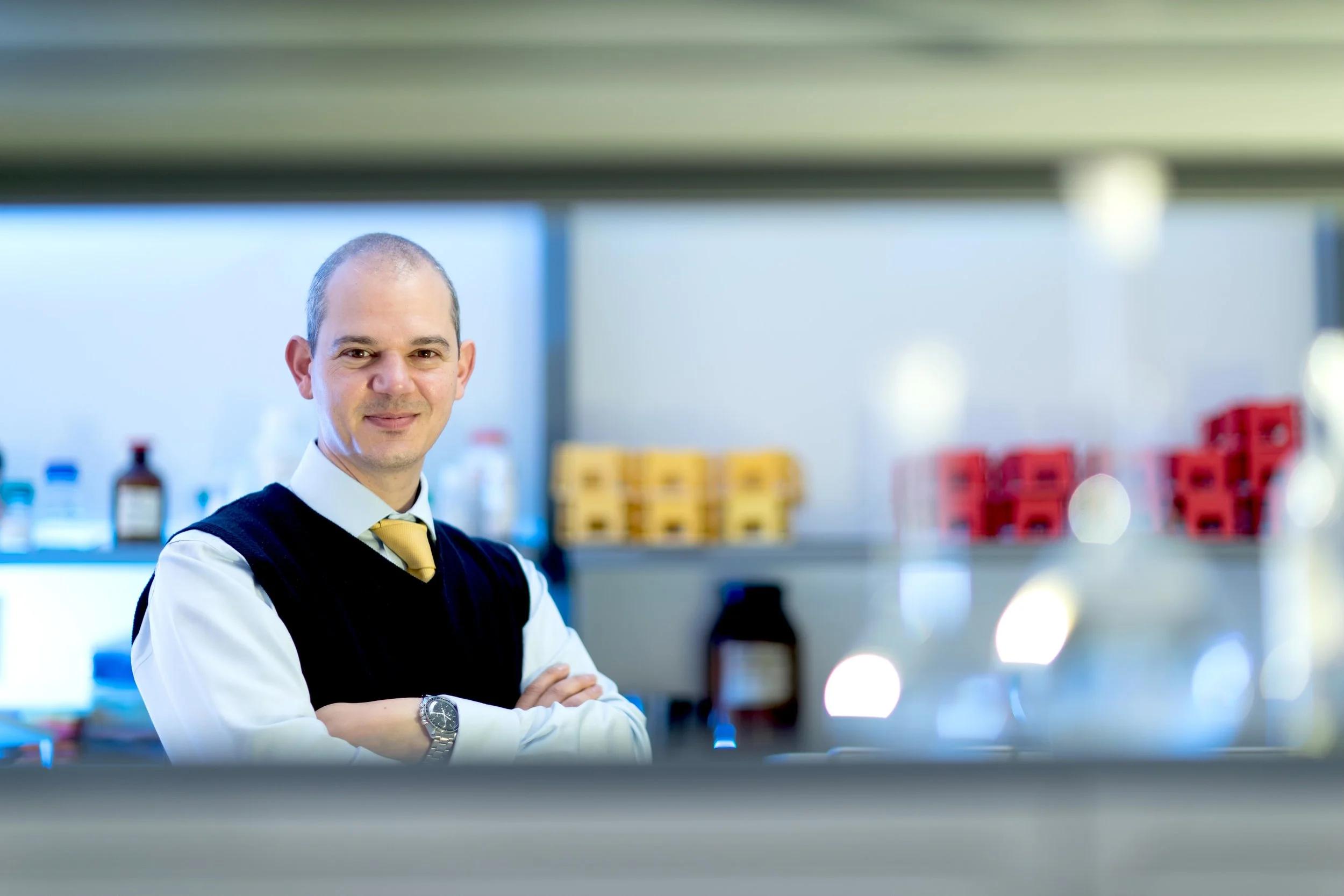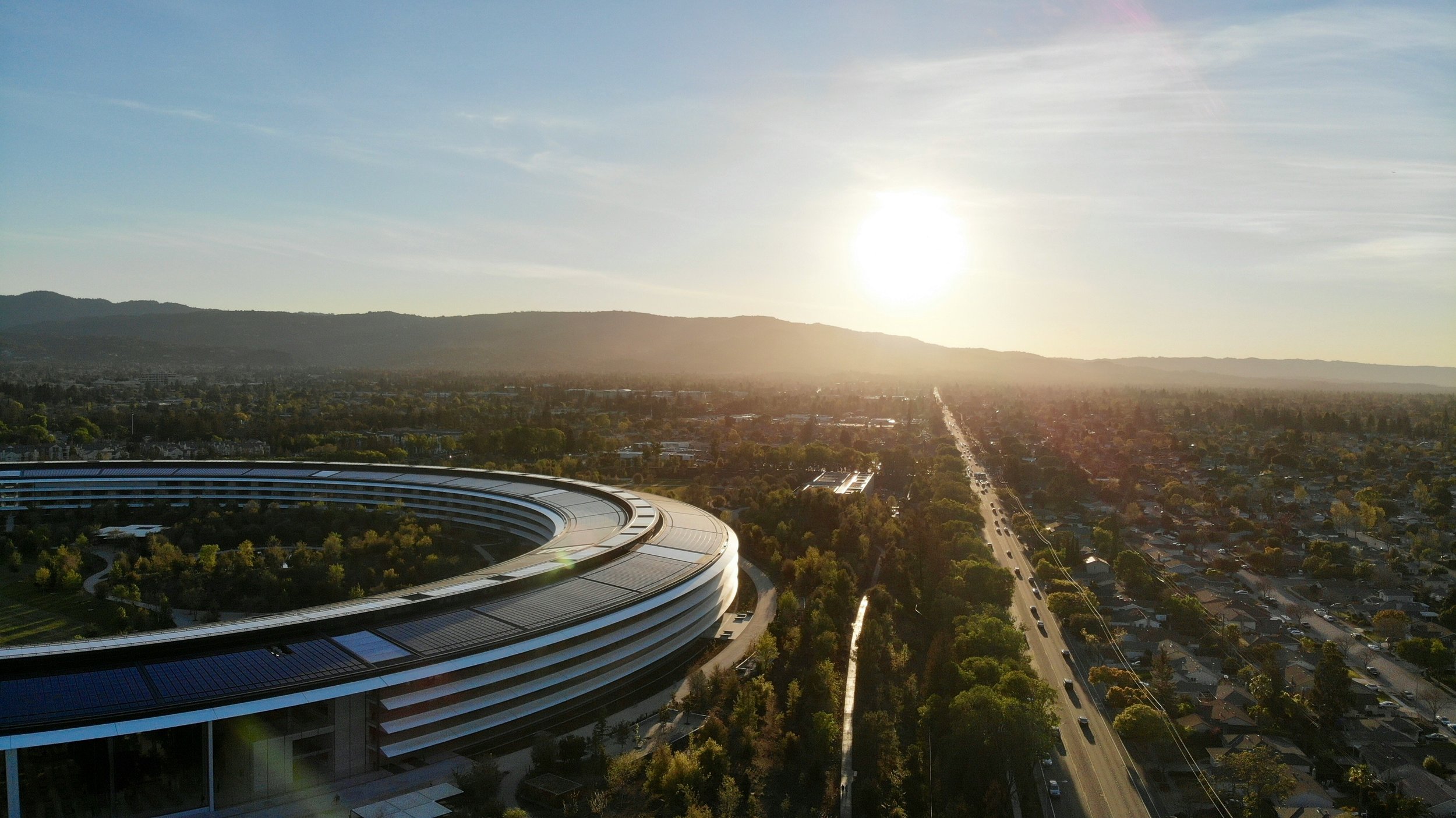Think Big, Code Local
Can a small island become a global digital powerhouse? Economist JP Fabri thinks so—if we act fast and think smart. Fabri lays out a bold roadmap for Malta: one where digital transformation isn’t just an upgrade, but the very engine of national progress.
Malta’s most significant constraint is its size. But in the digital age, this can also be its greatest asset. We are a country of just over 600,000 people on a small island, bound by physical limits. Yet in the virtual world, we are borderless. Our ideas can scale. Our services can travel. Our talent can reach global markets. Our economy can grow in ways that geography alone would never allow.
To unlock this potential, Malta must fully embrace digital transformation. This is not about simply adopting new technologies. It is about reimagining how our economy operates, how our institutions deliver, and how our people are educated and empowered. In a world where innovation moves faster than regulation, and where size no longer guarantees strength, we must think bigger and act smarter. Our future depends on building an economy that is digital at the core.
A digital core for every sector
Malta needs to stop treating digital as just another sector. Digital must become the foundation of every industry. Whether it is tourism, logistics, education, finance, health, agriculture, or manufacturing, each must be restructured with digital at its heart. This is how we become future-proof and globally competitive.
Tourism, for instance, cannot rely on volume alone. With smart visitor management systems, immersive digital experiences, and data-driven planning, we can shift toward quality over quantity. In finance, we have an opportunity to become a hub for blockchain applications, fintech regulation, and AI-powered services. Malta can become a launchpad for companies building the future of finance.
Healthcare, too, is already being reshaped. Digital records, telemedicine, and predictive diagnostics are creating more responsive and efficient systems. In manufacturing and logistics, tools like automation, digital twins, and artificial intelligence offer productivity gains that Malta must harness.
The advantage of being small is speed. We can pilot, iterate, and scale faster than many larger countries. But this requires a deep commitment to embedding digital as our economic operating system, not simply layering it on top of old models. Transformation means rewiring, not repainting.
From infrastructure to imagination
Malta has made substantial progress in digital infrastructure. We rank high in broadband penetration. We have excellent digital public services. We have invested in connectivity and platforms. But infrastructure is only the base. What matters now is imagination. Infrastructure enables possibilities. Imagination turns them into outcomes.
Digital capability is not enough. We need to be digitally creative. We need to build a culture of experimentation. Malta should become a national sandbox for testing the future. Smart islands, AI in education, digital health accelerators, and green tech pilots can all be tested here. Our size makes it possible. Our ambition must make it real.
This is also about mindset. Digital is not just about tools. It is a way of thinking. It is about seeing challenges through the lens of design, data, and innovation. The countries that will lead the next wave are those that build with digital from the start. Not those that retrofit. Not those that follow.
We need to become a country that creates, not just consumes. A country that exports ideas, not just services. A country where a young coder, designer, or engineer sees Malta not as a stepping stone to leave, but as a launchpad to stay.
The talent imperative
All of this depends on people. No digital transformation is possible without the right talent. And this is where Malta faces its most urgent challenge.
There is a clear and growing skills gap. We do not have enough coders, data scientists, digital engineers, or cybersecurity experts. Demand is outpacing supply. If we do not act, the gap will widen. And so will inequality and missed opportunity.
We need to start early. STEM education must be elevated across all levels. Coding must be introduced in primary schools. Data literacy and AI understanding should be integrated into the curriculum. Not as optional extras. But as core competencies.
Beyond schools, we need to create a culture of lifelong learning. Adults must be able to reskill and upskill quickly. Online courses, modular programmes, industry certifications, and digital apprenticeships must be scaled. We must make it easy and rewarding for people to grow.
This is not just about youth. It is about inclusivity. Women, older workers, and those switching careers must be part of the digital workforce. Equity in digital opportunity is not only fair. It is essential to national competitiveness.
Government, educators, and employers must work together to build a pipeline of skills that matches the economy we are trying to build.
Otherwise, we will be running in place.
Delivering on Vision 2050
Vision 2050 offers a robust national framework for transformation. It sees Malta as innovative, inclusive, and sustainable. It recognises that digital is not a side objective. It is the connective tissue that binds everything together.
Whether it is in improving education, delivering faster public services, growing new industries, or transitioning to a greener economy, digital capability is central. But to achieve this vision, we must be honest about what still needs to be done.
We need better coordination and more ambition. Clearer milestones. Are we producing enough graduates in key fields? Are we supporting startups building real IP? Are we attracting global talent? Are we deploying AI ethically and responsibly in public systems?
Malta has shown that it can lead. We have proven it in digital finance, gaming, and public service innovation. But leadership in the next wave will require deeper investment in people and ideas. We must aim not just to keep up. We must aim to stand out.
Being physically limited does not mean we have to think small. Our virtual potential is immense. With the right mindset, infrastructure, and talent, Malta can be a digital nation that punches far above its weight. We can become a model for small states. A hub for innovation. A country that turns constraints into creativity and scale into possibility.
The future is not waiting. And neither should we.

















Malta’s surveillance network is growing—CCTV cameras, biometric ID cards, and facial recognition trials—yet there’s little debate or oversight. Manuel Delia investigates how rapid digital transformation is reshaping governance, redefining citizenship, and eroding privacy under the guise of convenience, safety, and technological progress.